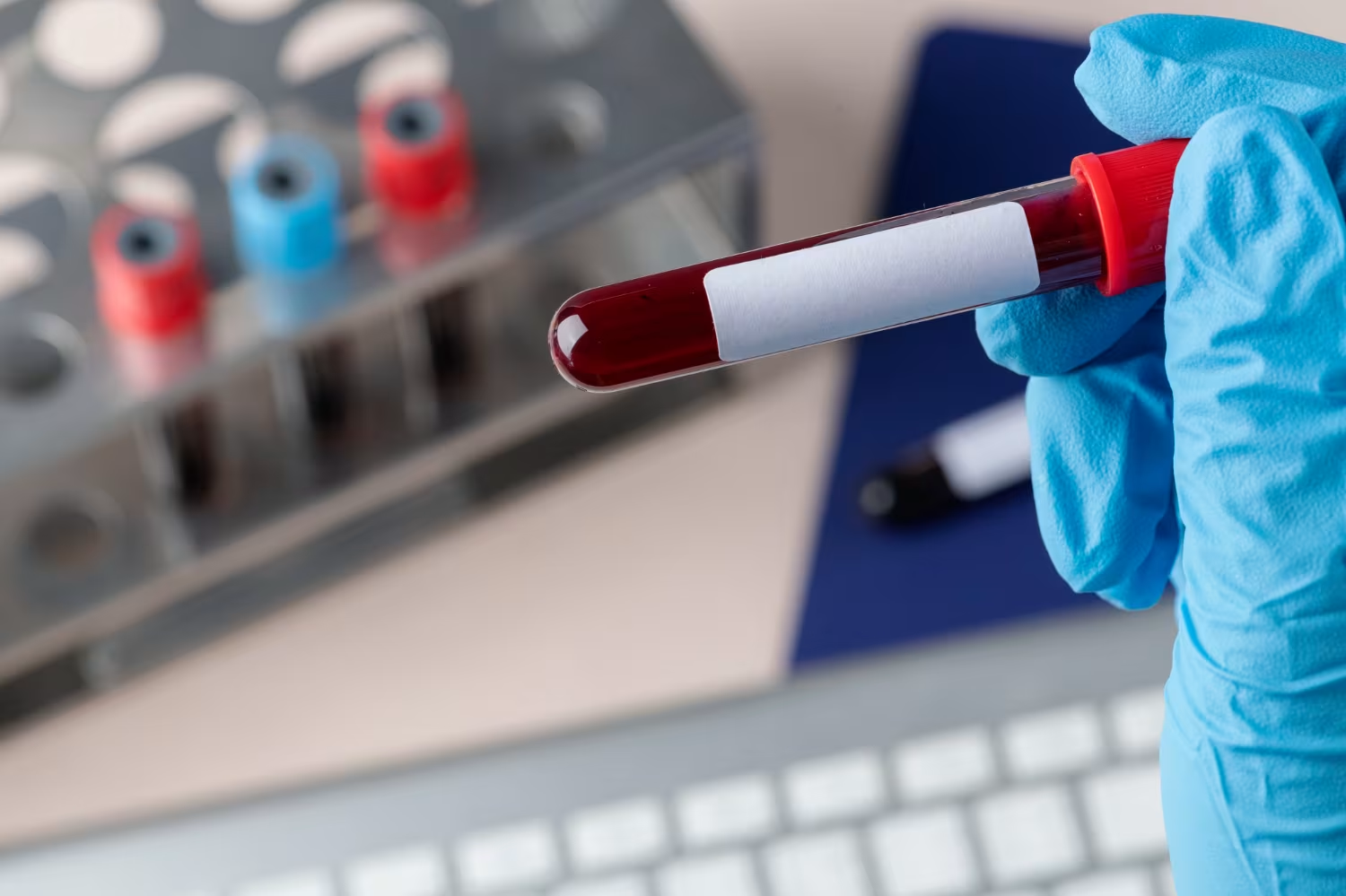
A bone profile blood test is a crucial diagnostic tool that provides insights into the minerals, enzymes, and proteins present in your bones. This comprehensive analysis not only aids in understanding your overall health but also plays a pivotal role in assessing bone development and detecting potential risks of bone-related conditions, including cancer. In this article, we delve into the details of a bone profile blood test, its significance, and what to expect from the results.
Your blood acts as a transport system, carrying vital elements such as vitamins, oxygen, electrolytes, and energy throughout your body. Given its extensive contact with tissues and organs, analysing the blood becomes instrumental in determining various aspects of your health, including bone health. A bone profile blood test allows your healthcare provider to assess the condition of your skeletal structure through a detailed blood analysis.
A bone profile blood test measures minerals, proteins, and enzymes within the bones. This test is crucial for monitoring bone health, ensuring proper repair and development. As we age, maintaining healthy bones becomes increasingly important. The bone profile test can identify and monitor conditions such as osteoporosis, Paget’s disease of the bone, bone cancer, and even issues related to liver and thyroid health.
Private Medical Clinic offers full body health screening which includes testing for bone health. Our bone profile tests measure four essential minerals:
Our super screen blood tests also include a full blood count, kidney and liver tests, cholesterol/heart health, thyroid health, nutritional tests, cancer markers and male/female hormone levels.
For more information, and to book your full body super screen, click here.





